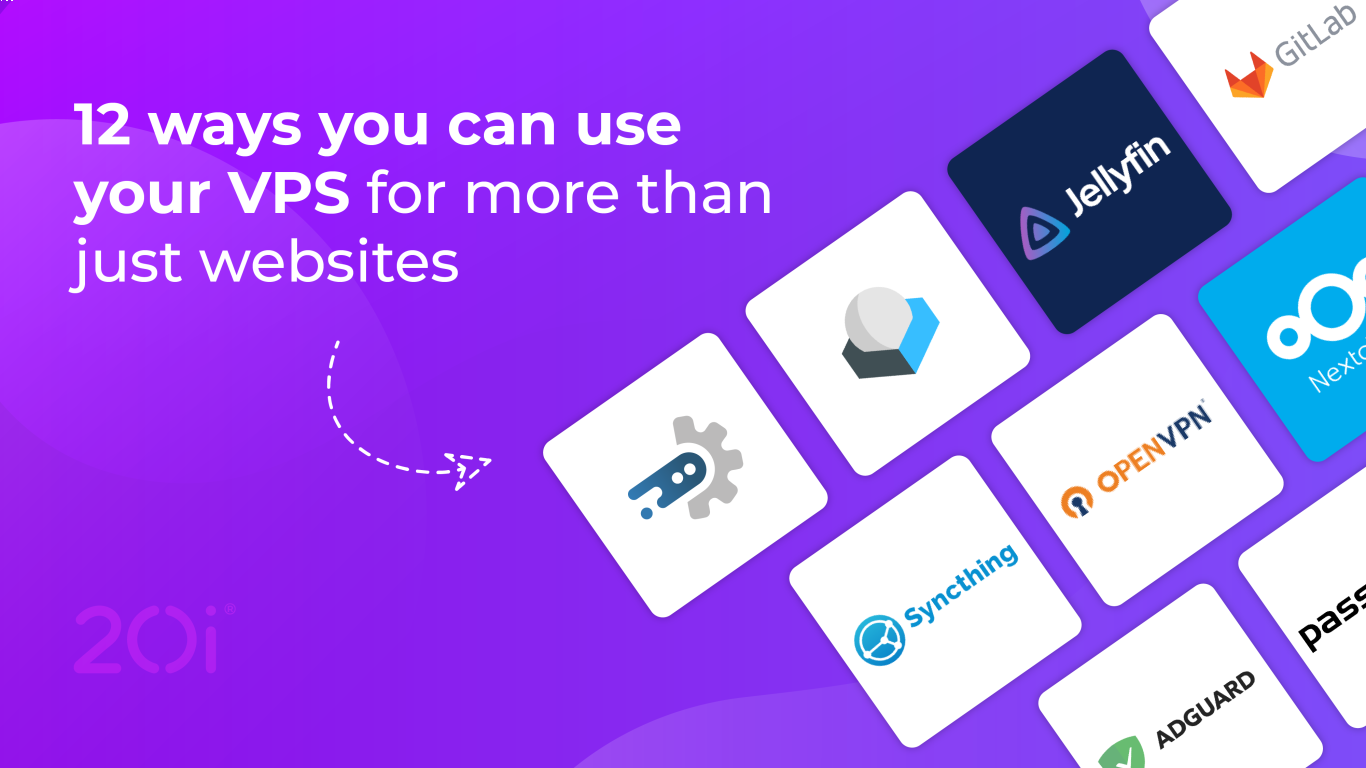Benefits of Using a VPS for Your Website
Benefits of Using a VPS for Your Website
In an ever-evolving digital landscape, choosing the right hosting solution for your website can be a game-changer. Among the plethora of options available, Virtual Private Server (VPS) hosting stands out as a versatile and powerful choice that sits between shared hosting and dedicated servers. But what exactly makes VPS hosting so special? Let's explore the myriad benefits of using a VPS for your website, a decision that could enhance your online presence, performance, and peace of mind.
Understanding VPS Hosting
Before diving into the advantages, let's clarify what VPS hosting actually is. A Virtual Private Server is a virtual environment hosted on a physical server, designed to offer the benefits of a dedicated server while sharing resources with other VPS instances. Each VPS operates independently, with its own dedicated resources such as CPU, RAM, and storage, ensuring optimal performance and security.
1. Enhanced Performance
One of the most compelling reasons to opt for VPS hosting is the significant boost in performance it provides. Since your VPS has dedicated resources, your website can handle more traffic and resource-intensive applications more efficiently than on a shared hosting plan. This translates into faster load times, reduced downtime, and an overall improved user experience. By naturally integrating keywords like "improve website speed" and "website performance enhancement," you cater to both your audience and search engines.
2. Greater Control and Customization
With VPS hosting, you gain root access to your server environment, granting you the ability to install and configure the software and applications that best suit your needs. This level of control is a boon for developers and businesses with specific technical requirements. Whether you need a particular version of PHP, want to change server settings, or install custom software, a VPS accommodates your needs, unlike the limitations often faced in shared hosting. This can be a crucial factor for SEO, as keyword flexibility and server-side customization can directly impact website optimization.
3. Scalability
The beauty of VPS hosting lies in its scalability. As your website grows, you can effortlessly upgrade your server resources, such as CPU power, RAM, and storage, without experiencing downtime or migration hassles. This is particularly beneficial for businesses anticipating growth or spikes in traffic. The keyword "scale your website hosting" fits seamlessly here, emphasizing the relevance of scalability to your audience's needs.
4. Improved Security
Security is a top priority in the digital realm, and VPS hosting offers robust security features that contribute to a safer online experience. With a VPS, your data and applications are isolated from other users, reducing the risk of vulnerabilities and breaches that often afflict shared hosting environments. Furthermore, you have the flexibility to implement stronger security measures, such as advanced firewalls and custom security protocols, giving you peace of mind that your website is well-protected.
5. Cost-Effectiveness
While dedicated servers can provide similar benefits, they come with a hefty price tag. VPS hosting, on the other hand, offers a cost-effective alternative that gives you many of the advantages of a dedicated server without breaking the bank. The balance of affordability and performance makes VPS an attractive option for small to medium-sized businesses and individuals alike. Keywords such as "affordable VPS hosting" and "budget-friendly hosting solution" can resonate with individuals seeking cost-effective improvement.
Conclusion
Choosing VPS hosting for your website offers a multitude of benefits that keep your site running smoothly and securely, while providing room for growth and customization. Whether you're looking to improve performance, enhance security, or scale your site without disruption, a VPS presents a balanced solution that caters to your current and future needs.
FAQs
1. What is the main difference between shared hosting and VPS hosting?
The main difference lies in resource allocation. Shared hosting involves multiple websites sharing the same server resources, while VPS hosting allocates dedicated resources to each VPS instance, ensuring enhanced performance and security.
2. Can I easily upgrade my VPS hosting plan?
Yes, upgrading a VPS hosting plan is typically straightforward, allowing you to increase CPU, RAM, and storage resources as your website grows, without experiencing downtime.
3. Is VPS hosting suitable for e-commerce websites?
Absolutely. VPS hosting provides the performance, security, and customization needed to run resource-intensive e-commerce platforms efficiently, ensuring a seamless shopping experience for customers.
4. How does VPS hosting enhance website security?
VPS hosting enhances security by isolating your server environment, reducing vulnerabilities associated with shared hosting, and allowing you to implement custom security measures.
5. Is VPS hosting beginner-friendly?
While VPS hosting offers advanced features and control, many hosting providers offer managed VPS plans with technical support, making it accessible even to those with limited technical expertise.
#vpsbenefits #webhosting #virtualprivateserver #websiteperformance #vpsadvantages
